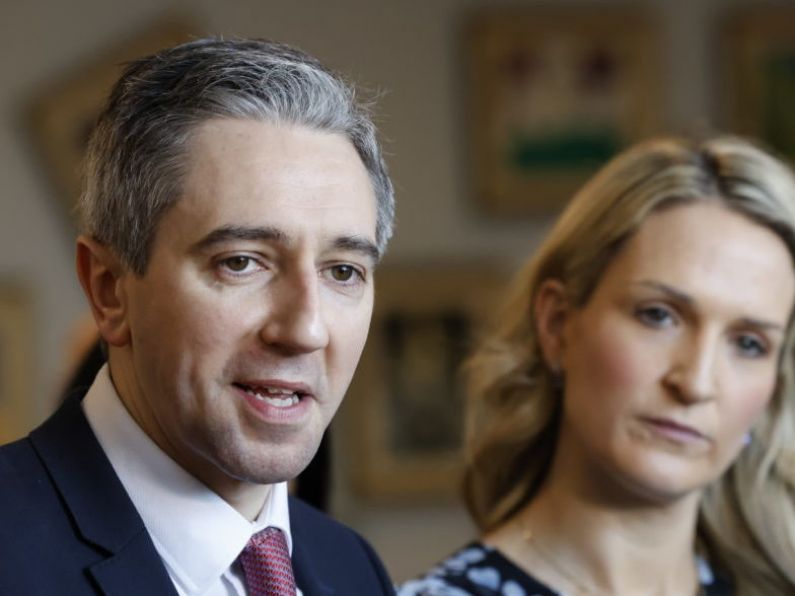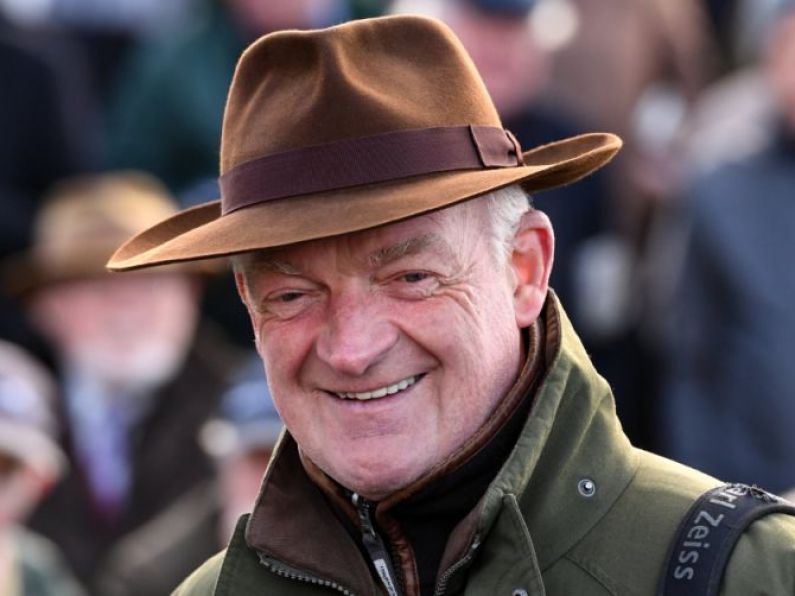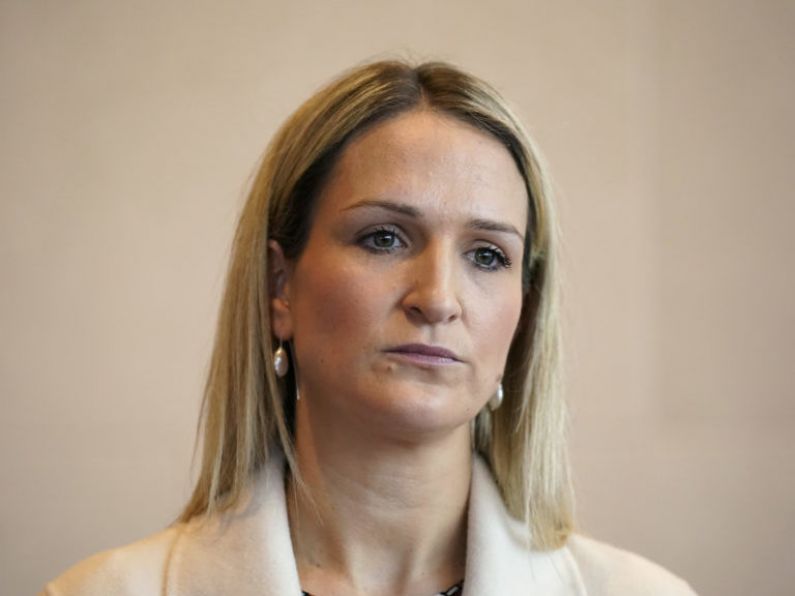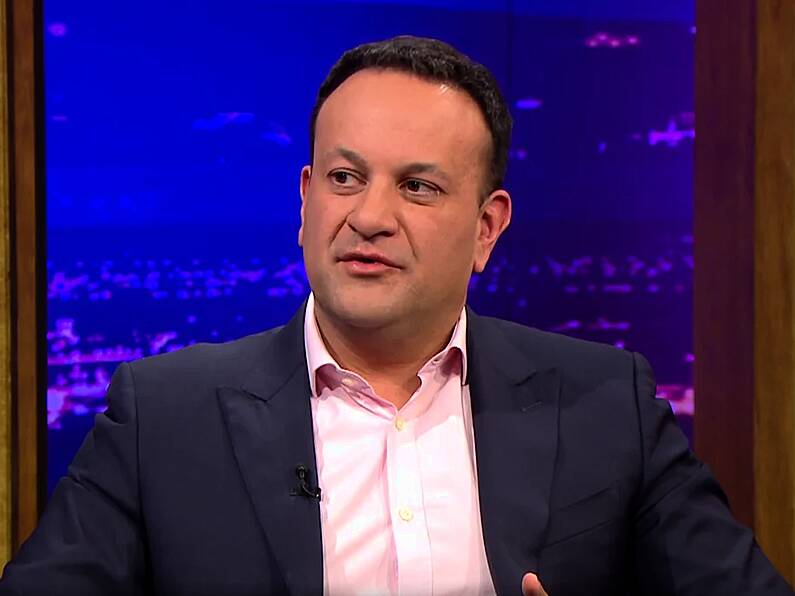By Jonathan McCambridge, PA
Northern Ireland Deputy First Minister Michelle O’Neill said the appearance of the EU’s chief Brexit negotiator at a Stormont committee would allow him to see that the DUP do not speak for everyone in on Brexit.
Mr Sefcovic appeared before a special sitting of an Assembly committee on Monday to field questions on the Northern Ireland Protocol and to update MLAs over a possible ban on chilled meat products from Britain being sold in the North.
The prohibition on chilled meats is one controversial element of the Protocol, which has created a series of economic barriers on Irish Sea trade and is opposed by unionists.
A short time after Mr Sefcovic’s appearance, Ms O’Neill — from Sinn Féin — answered Executive Office questions, and was quizzed about the Protocol.
Ulster Unionist MLA Steve Aiken said: “What does she think, with less than 48 hours to go, is it either helpful or respectful to the people of Northern Ireland that the European Union has still to allow the movement of chilled meat products coming within our own country?”
Ms O’Neill said: “I welcome the fact that the Commission vice-president Maros Sefcovic is meeting with MLAs. I hope that within that conversation there was a balance put on the fact that the Protocol is mitigation; the Protocol is the best effort we have against the worst excesses of Brexit.
“I welcome the fact that there is an indication in terms of the extension for the chilled meats that it is expected there is going to be a positive response. That is good, we should bank that, but what we need are longer term solutions and I hope that we can find those solutions in the period ahead.”
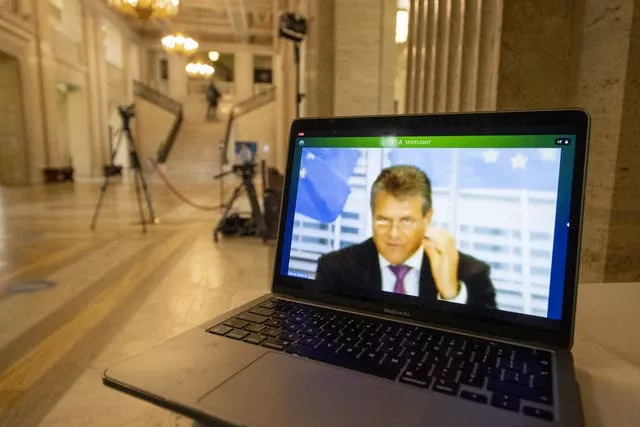
Mr Aiken responded: “She puts a lot of weight on what Maros Sefcovic is saying, but we have real concerns in particular about the supply of medicines within Northern Ireland. What degree of risk does she think is acceptable?”
Ms O’Neill: “On the issue of medicines, I believe the EU have shared proposals in terms of resolving the issue of supply of medicines. So let’s hope there’s a resolution on that issue also.”
The deputy First Minister added: “I do think the appearance of Maros Sefcovic really was a positive development, I think it is really important that he does hear first-hand that the DUP doesn’t speak for the north on Brexit or the Protocol.
“We can never forget that the reason that we have the Protocol is because we had Brexit, not of our wish. We have to deal with the consequences of the Brexit that we neither wanted nor voted for.”
After Ms O’Neill’s appearance, new DUP Economy Minister Paul Frew also answered questions on the Northern Ireland Protocol.

Sinn Féin MLA John O’Dowd asked: “The head of Invest NI has said that as a result of the Protocol there has been significant interest in inward investment, but businesses are concerned that the Minister’s political stance will stop his department offering them the much-needed support they require.”
Mr Frew responded: “What I have seen in visiting businesses, is that whilst there may be some slight advantages, that when they try to buy in stock from GB it is hampering them. So even if they can get any sort of advantage, the fact that they have to buy stuff in from GB is penalising them greatly. The paperwork is spiralling out of control.”
“Businesses are raising concerns about the initial workloads and costs associated with the new requirements for supplementary declarations. These are complex in nature and I am concerned about the impact this is having on already struggling business across Northern Ireland.
“The ending of the grace periods pose further cliff edges for our businesses. It is vital that these issues are resolved and we do not see further barriers arise due to divergence.
“It is the imposition of the Protocol that is doing so much damage to our businesses and our trade, especially between GB and NI, which is hurting businesses incredibly, no matter where they sell into.”



